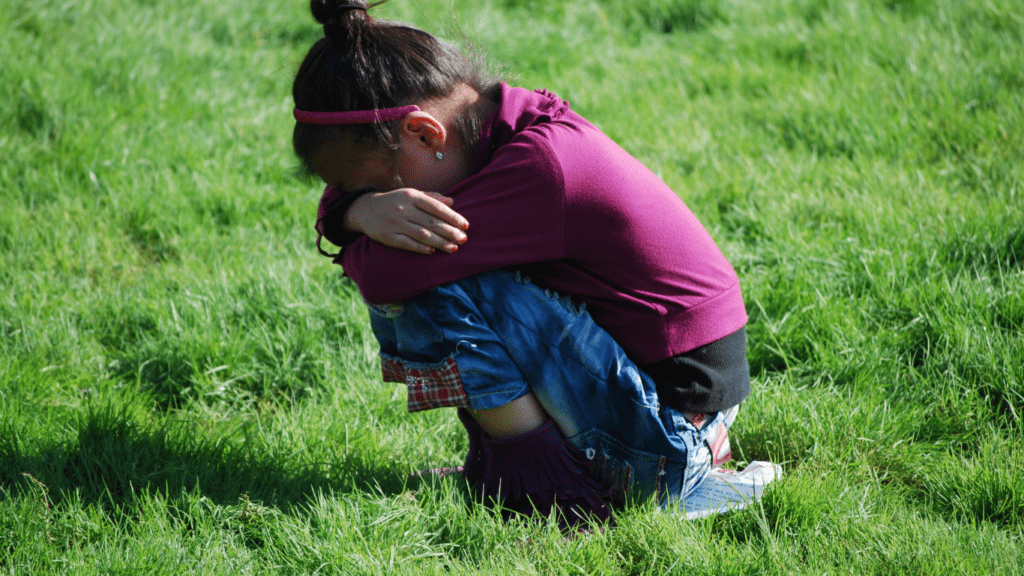How To Teach Toddlers About Feelings Using Games
Why Feelings Matter Early On Toddlers start reading emotional cues before they can even form full sentences. A raised voice, a warm smile, a sudden frown they notice it all. Emotional development doesn’t wait for fluent speech. It begins the moment a baby starts reacting to faces and voices, and it shapes how they’ll manage […]
How To Teach Toddlers About Feelings Using Games Read More »








